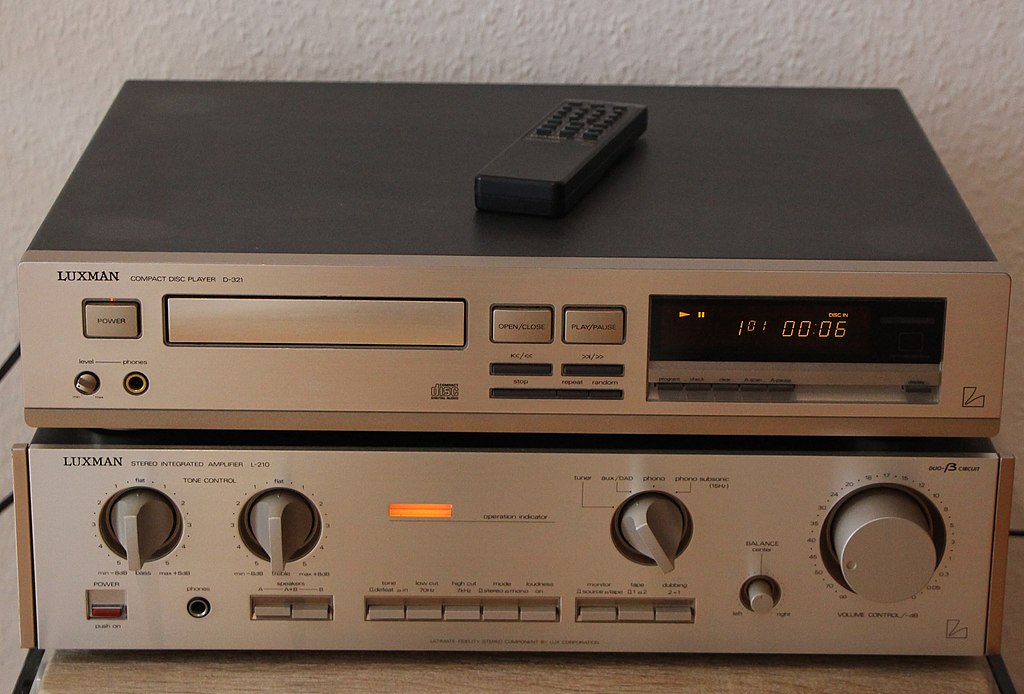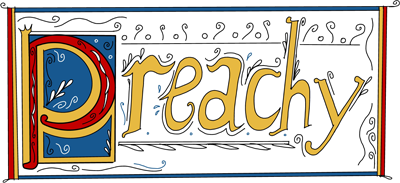
Hi-Fi
It has been nearly 20 years since my co-worker Matinal asked me to hang out, with just him and his record player, even though he knew I had a serious boyfriend. Only a year later, I would no longer be in contact with him, and I’d be married to that boyfriend. Still, I remember that night. Its context was nonsensical, but the clarity it offered me on what we hold sacred was indelible.
 Matinal, my co-worker, asks if I want to check out his record player in the home of a man I’ve never met (who happens to be in Thailand visiting his boyfriend) in a neighborhood I’ve never visited. I have a cellphone, but this is before they could be readily used to geolocate another person. My boyfriend John will not be able to find me if I go missing. It is 10:30 p.m.
Matinal, my co-worker, asks if I want to check out his record player in the home of a man I’ve never met (who happens to be in Thailand visiting his boyfriend) in a neighborhood I’ve never visited. I have a cellphone, but this is before they could be readily used to geolocate another person. My boyfriend John will not be able to find me if I go missing. It is 10:30 p.m.
John and I attend a conservative church, a small Korean congregation of Seventh-day Adventists, every Saturday. I was not raised in this church, but I am planning to convert. When I do, I will have to eliminate drinking, smoking, dancing, and other vices from my life, per my baptismal vows. John and I met in college, when every weekend seemed to be a wash of dance parties and drinking into the night. We feel ready to put a hedonistic past behind us. We have found a solid group of young people at church who now fill our weekends with a new kind of wholesomeness. We feel held by these people and want to walk in faith alongside them.
I work at a community center in East Boston, a neighborhood of Boston that is off the tourist beaten path. Matinal is a Cambodian refugee with a harrowing survival story. He drives me home every night in an old Saab that he rescued from a junkyard adjacent to Weston, an affluent suburb, a fact that he mentions every four minutes.
The Saab has no shocks, and so we take back roads instead of the highway, to keep the car in one piece, says Matinal. I think it might just be to avoid paying the tolls. Still, back roads in an old Saab with no shocks beats a trip on the T — two connecting trains and a bus — so I am a grateful passenger.
These drives make me think of what it will be like to join John’s church. My life for the past 23 years has been largely privileged and prescriptive, buffered from the friction of a cruel world and its uncertainties. I am a white woman who has occupied largely white spaces; discomfort is not an assumed feeling for me when I enter a room. Since meeting John, I have moved to a different city, experienced abusive bosses, and lived in a rodent-infested apartment. English is my first language; John is the son of Korean immigrants who speak to their sons in a “Konglish” hybrid. I am learning the playbook of John’s culture and the church in which he was raised by leaning into the discomfort. The traditions of not working Saturdays and bowing to elders are part of the fabric of John’s life. I am weaving them into the patchwork of mine.
John’s church has been a refuge. My heart finds rest in this church, even though its strict observance of the sabbath and a lack of a liturgical calendar are a departure from the faith in which I was raised. When I join this church, I will be the only Protestant in my family. I will own a whole collection of Catholic rosaries and sacramentals that will become strictly ornamental.
During my long rides with Matinal, he tells me about the Bang & Oluffsen turntable that he fell in love with at someone’s dinner party. He managed to purchase his own secondhand through some good fortune. I try to indulge his enthusiasm for this record player and its sleek design. I try to feign interest in electronics, but I am still learning that my ability to play-act is a liability.
Matinal does not have daily access to his most prized possession; he cannot readily use the turntable. Matinal’s mom, with whom he lives not far from me, doesn’t like a cluttered house, so his friend is letting him store some personal effects with him. His friend is never home, and thus Matinal is free to use the storage space as a repository and occasional listening room.
Matinal has a CD player in his Saab. It looks like it was installed after he rescued the car from the junkyard. The lack of shocks makes his CDs skip, so the soundtrack of our rides is a steady playlist of car rattling, Matinal laughing at his own jokes, and skipping CDs.
I am hoping to marry John next year. He is cute and bespectacled and steady. He is more progressive socially and more spiritually assured than I am. He is a slob with his apartment, but mostly my life with him feels clean and orderly and secure. I can’t wait to live happily ever after in a house full of IKEA organizational systems that we want to buy with our wedding gift money. He studies the Bible with me in a little sabbath school every Saturday, and in this rhythm of life I can catch a glimpse of a future in which we raise children and share the joys and losses of a life together.
Matinal and I drive past block after block, and the streets go from familiar to uncharted territory for me. Out of the corner of my eye, I watch as the flickering neon lights pan over Matinal’s face as we drive past taverns and boarded-up homes.
The snow banks are high, and I haven’t worn the proper boots. We walk up the icy steps, and within a moment of stepping inside, I see wall-to-wall newspapers and boxes piled in heaps block safe passage. The wallpaper is faded, and patches are torn. We walk up the lopsided staircase to a sitting room where Matinal rifles through a closet. There is nowhere to sit; all the couches and chairs are holding boxes and stacks of records.
John and I are also doing Bible studies every weekend at church with our pastor. I am learning about Old Testament prophecies that sync with New Testament stories. I like to watch John’s knobby fingers leaf through the feathery pages of his Bible. I like sitting next to him on the same side of the table,feeling his closeness, and hearing his mind at work.
Matinal is methodical as he unboxes the gramophone, whose parts live in several locked boxes with silver embossing: Bang & Oluffson. Tonight he is solemn and focused. His thick, shiny hair flops to both sides of the part as he heaves boxes and stacks of magazines around to make way for his precious. When he has assembled the gramophone, he simply touches the needle to the vinyl. We listen to The Police’s “Greatest Hits.”
The sound is so pitch perfect — it reaches right into my chest. My ribcage contains all the bass, and I want to close my eyes and take in Sting, who is watching every move I make. I stand wedged between an old quilted chair and a dusty mid-century console, and I don’t know where to look. Matinal is studying the record player like a friend with whom he is being reacquainted. My eyes track around the room, but eventually the music grips me. I stare at the floor because it’s embarrassing to have a moment of ecstasy in the upstairs parlor of a stranger while a co-worker plays show and tell.
I don’t know how I will explain this to John: how it came to be that I had a late night rendezvous with a coworker–and his record player. Who goes to an unknown location with a strange man to listen to music? My mind whirs as does the vinyl recording of an Englishman in New York. “I’m an alien/I’m a legal alien.”
After three or four songs, Matinal closes up the record player, and I wonder when he will get to listen to it again. I want to know if Matinal has chosen me specifically to share his record player or if he brings all the girls around to see it. I want to know if he comes here only when the homeowner is traveling. Then a feeling of nausea floods me. I don’t know if it is the cramped room or all of the mixed emotions and nerves converging in the perfect storm, but I want to leave.
The radio in Matinal’s car is set to a jazz program and the difference in sound quality is remarkable. Bang & Ollufson has ruined me. I don’t want any impure sound touching my ears anymore.
Something else has changed in the last hour, and the purity of those sounds allows me to access something I needed and maybe always had. I think about the cost of compromising, on the garbage for which we settle, on the treasures we hide behind stacks of magazine back issues we think we will someday read. I start to ask Matinal about high fidelity, about how he defines it. But then I sit back and listen to a soprano saxophone blitz and wane as he drives me back to my apartment. I feel every bump in the road.
Kendra Stanton Lee is a teacher and writer in Boston. She lives with her counselor husband and their two children at a boarding school. Her writing has appeared in JMWW, Pangyrus, and Slate, among others.
